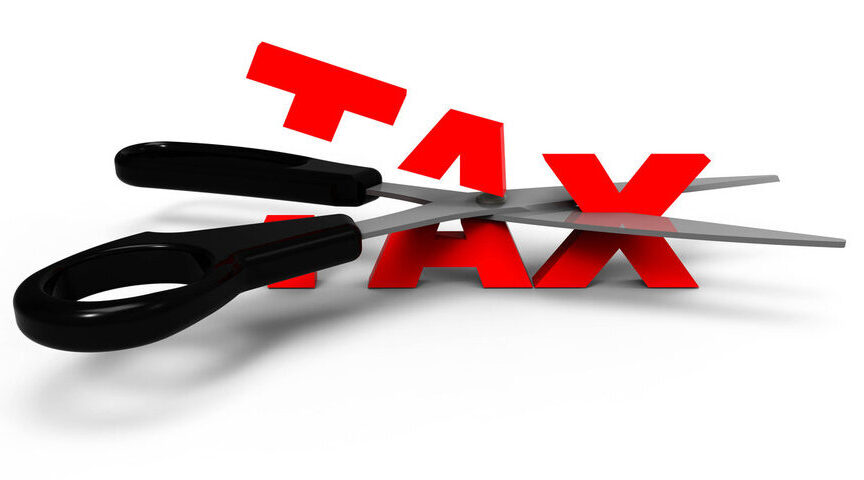(ThyBlackMan.com) First off, let’s drop the Republican claim that not extending Trump’s 2017 tax cuts is a tax increase.
Many of these tax cuts were purposely designed to expire and for a sneaky reason. Making them permanent would have hiked the bill’s cost by more than $1.5 trillion over 10 years. Add to that the interest payments tied to the higher borrowing, and the number rises to $2 trillion.
The ugly bottom line is this: Trump’s “big, beautiful” tax and spending bill is expected to tack another $3.8 trillion to budget deficits over the next decade.

Recall Elon Musk’s vow to cut $2 trillion in spending a year ago? The amount actually cut was about $100 billion. Sorry to throw more numbers at you, but that’s only 5% of $2 trillion.
Balancing the federal budget without added borrowing can be done. It was done when Bill Clinton, a Democrat, was president. Clinton had raised some taxes, notably on the wealthy, in his 1993 budget. Republicans demagogued those tax hikes, which helped them win big in the midterms that followed.
By 1998, the federal budget was in surplus. Republicans rightly insist that they helped by forcing lower spending. But the added tax revenue brought in more money than the spending cuts saved.
Most Americans got richer under Clinton. Despite higher tax bills, the rich got richer, too. They benefited from a stock market lifted in large part by the growing belief that the federal government had become a responsible financial steward.
During Clinton’s presidency, the S&P 500 stock index rose a legendary 208%. Had dividends been included and reinvested, the total return would have been higher.
George W. Bush took over the presidency in January 2001 and squandered the surplus with tax cuts and dramatically higher spending. He also oversaw the reckless deregulation that led to the financial collapse at the end of his two terms — and a 40% drop in the S&P 500.
Anyone who has done a household budget knows that two numbers matter. One is for spending; the other is for money coming in. For the federal government, money coming in is the tax revenues.
Ronald Reagan bought into the idea that tax cuts would pay for themselves through greater economic growth. He quickly saw that his 1981 tax cuts didn’t come close to covering the lost revenues plus higher defense spending. To his credit, Reagan acted to stabilize the financial picture by signing a tax increase the following year and then other increases in 1984 and 1986. Nonetheless, the national debt tripled during his eight years.
Trump is pushing hard for both tax cuts and higher spending. And that has the financial markets fearing a new era of financial irresponsibility. Moody’s has just lowered its credit rating for the United States from triple-A to double-A. That’s contributed to a global selloff of U.S. Treasury debt, as it is no longer seen as the ultra-safe investment it was. The U.S. must now offer higher returns to compensate for the higher risk. Our annual interest payments, meanwhile, now surpass the defense budget.
All this doesn’t fully count the growth-killing effects of Trump’s tariff plans. JPMorgan Chase chief executive Jamie Dimon says investors may not have fully digested how much of a threat to their portfolios the tariffs pose.
Trump’s tax-and-spending bill has a long way to go — the Senate after the House. But the financial markets obviously don’t like what they are seeing.
Republicans should not be extending and adding to the 2017 tax cuts. Responsible lawmakers would just let them expire as they were scheduled to do. Alas, they clearly don’t have it in them to be responsible.
Written by Froma Harrop
Official website; https://twitter.com/FromaHarrop

















Leave a Reply